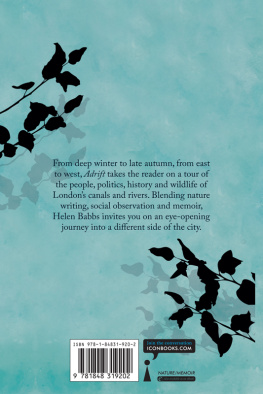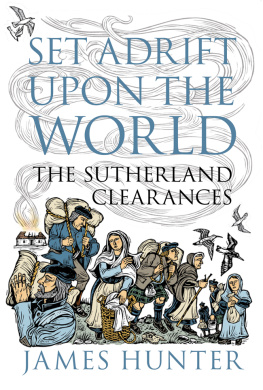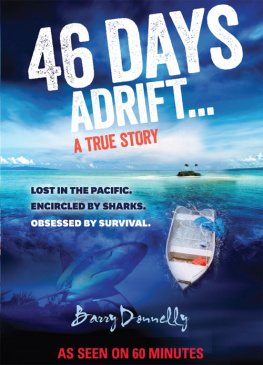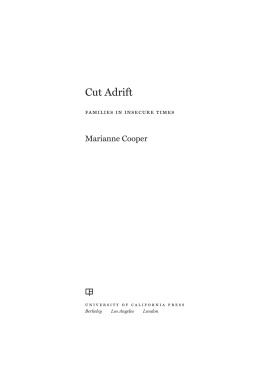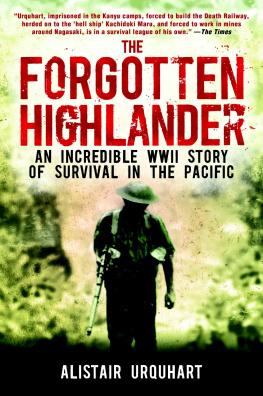EPILOGUE
It is hard to believe that my little ocean odyssey now rests serenely some sixteen years in the past. It seems like lifetimes ago, or as if it had happened to someone else, yet it also keeps me as constant company as the daily sun.
Science tells us that virtually every cell in our body (except in the brain) is replaced every ten years, so in a sense the experience did happen to someone else. I hope that I have changed a bit psychologically and emotionally too.
At the same time, whenever I fill a tub with water, I think, This is more fresh water than what I lived on for two and a half months. I feel a slight pang of guilt for letting it escape down the drain. When someone says, "Let's get something to eat; I'm starving," a little bell goes off in my head and I think, Well, not really. I know the difference between hungry and starving. Often the experience sneaks up on me. Two people touching hands or a phrase that reveals a simple human kindness can drill into the core of the aching loneliness and desperation I once knew, and I find myself in tears. So too does my soul feel wrung by people's pain and the dignity with which they must sometimes bear it. Finally, even after all this time, the spirit of the dorados and their oceanic home have not diminished for me. I think about them daily, and still feel their spirit dwarfing mine. Whenever I eat fishoccasionally mahi-mahi, the popular restaurant name for doradoit reminds me of my connection to the whole world and my need to remember that no life should be devoured without thought or appreciation.
When I washed ashore in 1982, like many survivors I had no idea that in many ways my journey had just begun. Physically I was little changed. For six weeks I struggled to get around on my inflated legs, but the swelling eventually subsided and I was left with but a few durable scars to remind me that a day on the ocean is not necessarily a day at the beach. Today it takes a strong tan to reveal the dozens of small white circles that mark the memory of saltwater sores. After about six months ashore my weight had returned to normal and I had rebuilt most of my muscles that starvation devoured. The telltale lines of starvation across my fingernails had grown out, and I was left to face the fact that my drift's only real physical cost was that it seemed to have kick-started middle age. I ate less and for the first time found I could pretty easily add some padding around the old midriff. In the mornings, wads of hair lay on my pillow, so that now I have joined the world of the follically challenged. As for serious long-term damage, who really knows? I wasn't about to have my liver or kidneys pulled out for inspection.
I've continued to sail too. The sea remains the world's greatest wilderness. To my mind, voyaging through wildernesses, be they full of woods or waves, is essential to the growth and maturity of the human spirit. It is in the wilderness that you really learn who you are. It is in facing the challenges of the wilderness that the thickness of your wallet becomes irrelevant and your capabilities become the truer measure of your value.
After first crawling ashore, I found life more free than I ever imagined. More amusing too. When rowing across a harbor, I saw a little fish swimming by. I simply snapped it out of the water with what had become lightning-quick reflexes and tossed it down my throat, much to the surprise, if not the horror, of my passengers. When friends apologized for the appearance of their apartments or cars, I could only chuckle and ask, "Well, does it leak? Is it bigger than a dog bed? Does it leap about all over the place?" It seemed as if nothing and no one could bother or intimidate me. Everything was possible. What was the worst that could happen after all? Over time, though, life got complicated again and memories faded. My expectations returned, and I found the same old complaints seeping back into my daily routine. Yet always, somewhere in the back of my head, a little voice reminds me that every day is a gift, not a right. I know that to be well fed, painless, and in the company of friends and loved ones are privileges too few enjoy in this often brutal world.
The real story ofss Adrift is not so much about me as it is about the magic and mystery of the sea and how it delivered me two priceless gifts. True, my odyssey showed me that I was a lot stronger and more resilient than I ever thought possible, and this is no small thing. But more important, the sea probed numerous weaknesses and failures. It had not been Katherine's or Frisha's fault that I could not soften and had been hopeless in relationships. In many ways, I had been equally hopeless in life. When my ideals had not matched reality, I had fled reality. I could not accept my own limitations as a human being nor those of the people around me. I was a man alone and quite adrift well before the sea cast me into Rubber Ducky. No varnished hero took the ensuing voyage, and when I washed ashore it was with the gratitude that I had been given a chance to examine my weaknesses and learn to compensate for them. That was a far greater gift than any endurance record or human accolades.
Much of what I do today, from writing to lecturing on survival, is the direct or indirect result of my drift on the good ship Rubber Ducky. By the time I reached the shore of Marie Galante, I was determined to use my experience in some positive way, to share the positive elements of what the sea had bestowed upon me. Yet I felt that only other sailors and a few friends would truly be interested in my tale. I was not prepared for how far it would reach into the lives of people ashore. Over the years, both before and after the publication of Adrift, I found myself participating in all kinds of media projects that helped me to spread the dorados' spirit. Survivors of plane crashes, shipwrecks, and avalanches who could relate to various parts of my experience approached me with their tales, as did those who suffered with cancer and other debilitating illnesses, were victims of accidents or spousal or parental abuse, and who'd undergone survival experiences seemingly much different from my own. I discovered that Adrift had tapped into the most universal human vein: the struggle to survive. To a greater or lesser extent, we all do it every day, and virtually all of us must face at least one severe test in our lives. Not only did my survival voyage give me insights into myself, but it also gave me the opportunity to embrace humanity despite its weaknesses and to forge new and meaningful relationships. I had gained a new purpose. I continue to spend time plumbing the depths of this new sea of survival. What are the common threads that tie us survivors together? What are the common stages of survival experiences? What are the successful strategies that survivors employ? How can we use these experiences as cornerstones on which to build better lives, even when we know our physical deaths are imminent? And how can we avoid letting them become our tombstones even when we are allowed to live well beyond the original trauma? Numerous other survivors and experts in wide-ranging fields have shed enormous light on the answers to these questions, which unfortunately are too complex to examine in this small space.
For now, I can say that I am grateful for this experience and for the stream down which it continues to float me. I would not volunteer to go through it again, but the sea that tested me also proved forgiving enough to let me live, to show me how to live. For the first time in my life I felt truly humbled. It is just another irony with which my tale is filledthe heartfelt realization of one's insignificance yields a calming sense of being completely connected to the greater whole. As a tiny part of the world and humanity, I now feel more at peace and much larger than I ever felt as a man alone.
Next page

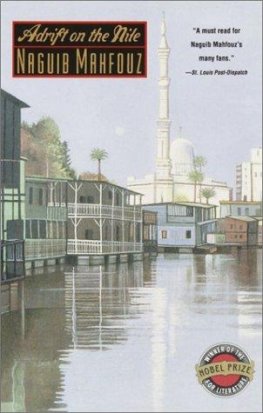
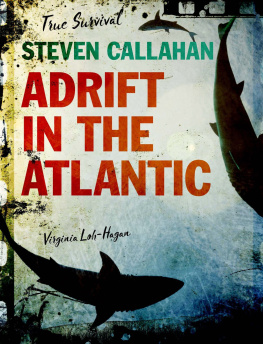
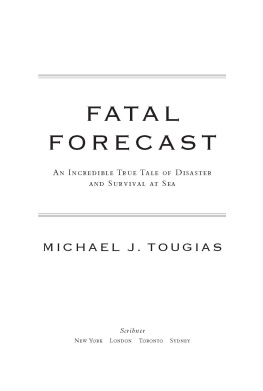

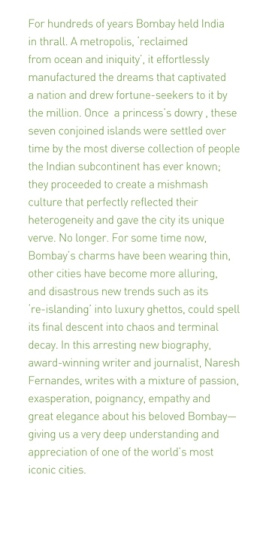
![Tami Oldham Ashcraft - Adrift [Movie tie-in]: A True Story of Love, Loss, and Survival at Sea](/uploads/posts/book/112309/thumbs/tami-oldham-ashcraft-adrift-movie-tie-in-a.jpg)
